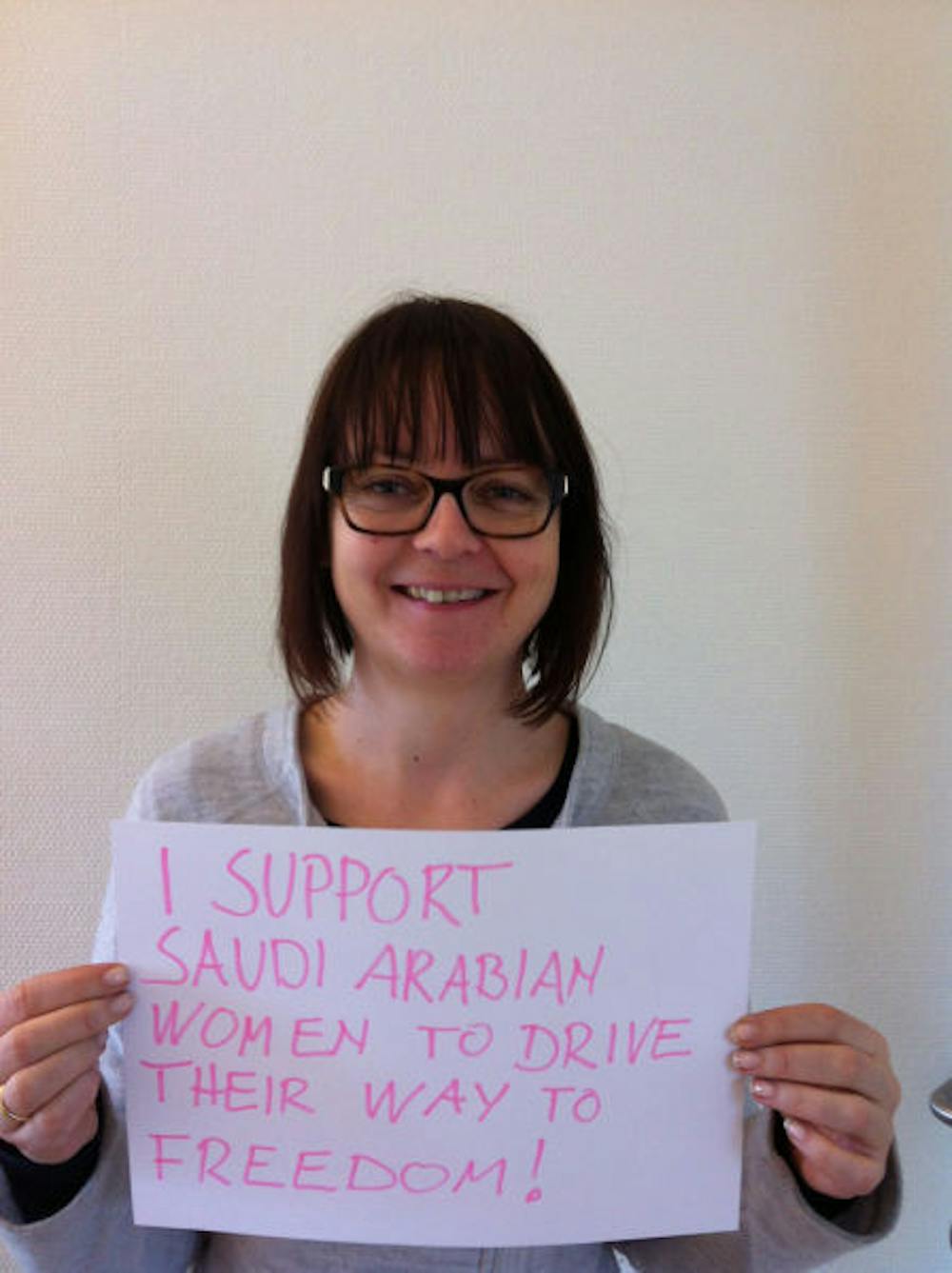In recent years, women’s empowerment has become a rising topic of interest amongst global leaders. Among these leaders are humanitarians and political representatives who have consistently traveled to developing and underdeveloped countries with the purpose of advocating for women’s rights. The primary focus of these leaders is to evoke positive change in societies where gender inequality and segregation are most prominent, like the Middle East. In a melting pot of political, economic and social instability, chance of reform seems unlikely to occur in the near future. Female leaders, such as Lubna Suliman Olavan and Manal-al Sharif, have addressed the need for women’s rights in the Middle East. It is important for western cultures like the United States to constantly encourage and support women in these cultures’ pursuit of independence and aid them in creating a peaceful environment to prosper in.
The Arab Outlook on Women
Most countries in the Middle East exhibit similar views toward women. Saudi Arabia, however, cradles the most controversial and strict gender separation traditions in the center of a world striving for gender equality.
Saudi views on women are molded through Islamic law, Sharia, and tribal culture. Ownership of women is passed from male to male, from father to brother or father to husband. This male guardian gives the woman permission to carry out daily activities and must accompany her in public. He also has the right to punish her if she dishonors him, the family, or the belief.
Saudi Arabia abides by a strict moral code, which includes separation of sexes. Women are required to wear head coverings called hijab, or a full facial coveringcalled niqab. The hijab refrains a male from having indecent thoughts toward a woman, an act that is highly frowned upon in Muslim cultures. Similarly, women who don’t cover their heads and bodies are often frowned upon and even punished. Gender separation is customary in both the public and private realms. Most Saudi homes having separate entrances for men and women, and males and females are segregated public places, such as the mosque, as well.
Lubna Suliman Olayan
Saudi business woman, Lubna Sliman Olayan, is an inspirational icon for many women in the Middle East. Listed in the “Top 100 Most Influential People of 2005” by Time magazine and regularly listed by Forbes as one of the most powerful women, Olayan serves to empower Middle Eastern women. She is also heavily involved with philanthropic projects that encourage female education and decision making, and actively advocates for private and non-profit girls colleges in places like Jeddah, Saudi Arabia. Olayan is an extraordinary public figure who inspires thousands of Saudi girls to attend school and educate themselves.
Manal al-Sharif
Saudi Arabia is the only country in the world that does not allow women to drive. Manal al-Sharif is a women’s rights activist who started a campaign in 2011 for women’s driving rights Saudi Arabia. She has been arrested several times for voicing her passion for women’s right to drive through social media and videos posted online. Nevertheless, she is relentless in her mission to open many doors for women through peaceful protests.
Western Views
Hillary Clinton has been actively involved with women’s empowerment in the Middle East and says, “Why extremists always focus on women remains a mystery to me. But they all seem to. It doesn’t matter what country they’re in or what religion they claim. They all want to control women.” Many western cultures view Arab customs as too strict as several cases of rape, abandonment, and killings of rebellious women have surfaced in recent years.
Is it time for a new perspective?
Are strict moral codes and gender inequality suffice evidence to evoke change to a region of the world that has been practicing the same religious traditions for centuries? Is it ethical to impose western standards to a cultural lifestyle that is different? Are we trying to see a colorful world through a black and white lens? What are your thoughts on women’s rights in the Middle East, do you think a change should be made?
"I support Saudi Arabian women..." by Susanne Koch, used under CC BY-NC-SA 2.0






